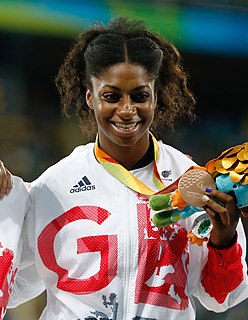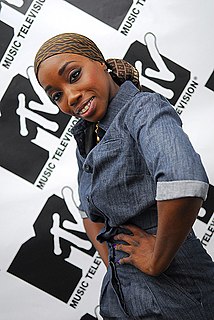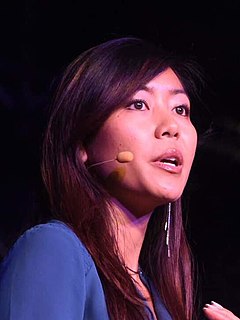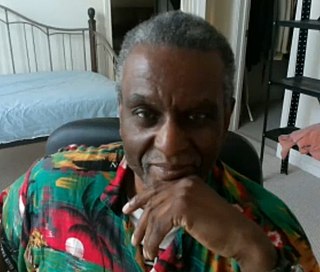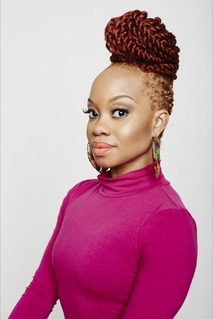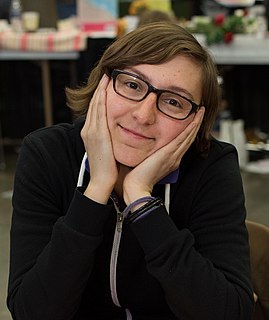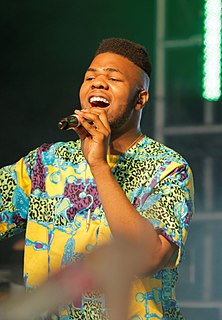A Quote by Kadeena Cox
I am in a small minority as a black female with a disability. But I've shown that even with conditions like MS, it's not the setback that it has to be.
Related Quotes
We [on the left] have to be used to being a minority -- a small minority -- for some time to come. The odd thing is that the right, even when it is in power, likes to think of itself as an embattled minority against this elite that somehow runs everything. Whereas the left, even when it has no power at all, likes to imagine it somehow represents the majority of people. These are mirror-image delusions.
I once wrote that Black Americans are involved in an intriguing experiment to see if an oppressed minority can continue to march forward if there is not a strong and vibrant left-wing and radical movement. That's not an experiment I would recommend, although the story is still unfolding and we will see how it unfolds, but they are not the sort of conditions in which an oppressed minority should have to struggle.
I think it's important for people to understand that dance, movement, choreography is about an experience and entertainment but it's also about perception and a lens. So when we're talking about a Black female's experience through a Black female's lens, that's going to be totally different from a Black female's perspective through a Black male's lens.
I feel engaged with young people in Pakistan. But that said, it's still a small minority that reads novels, literary fiction. But it isn't necessarily a small minority of the wealthy elite in the city of Lahore. It can often be and I often do meet at literary festivals students who've ridden a bus 12 hours from a very small town just to hear some of their favorite writers come and speak.
A savant, by definition, is somebody who has a disability and, along with that disability, has some remarkable ability. Prodigies and geniuses have the remarkable abilities that the savant shows, but they do not have a disability. So, by definition, a savant includes someone with a disability, and a prodigy or genius are people who have these remarkable skills but they do not have a disability.
Part of abandoning the all-or-nothing mentality is allowing yourself room for setbacks. We are bound to have lapses on the road to health and wellness, but it is critical that we learn how to handle small failures positively so that we can minimize their long-term destructive effects. One setback is one setback—it is not the end of the world, nor is it the end of your journey toward a better you.
I exist in the zine/small press community, which has always felt more even keel to me, when it comes to creators of varied gender backgrounds. But I also think that there is something to be said about the fact that even though I am female, I present closer to male in my way of dress and attitude/confidence/outspokeness, so I am treated differently by my male counterparts in a positive way.
